
Feeling confident about the future
Dr Lucy Pollock discusses her new book, the importance of tailored healthcare, and how we all can build a society that’s better to grow old in.

Dr Lucy Pollock discusses her new book, the importance of tailored healthcare, and how we all can build a society that’s better to grow old in.
“Plan A – stay young forever – is all very well. But we need a Plan B.”
With decades of experience in treating and caring for older people, Dr Lucy Pollock has plenty of wisdom to share about ageing. In 2022, Lucy imparted some of that knowledge in The Book About Getting Older – a handbook for older people and their loved ones that provided honest answers to some of the toughest questions about later life.
Now, Lucy has written a second book – The Golden Rule – using real-life stories to show how we can use those answers to build a better society and healthcare system for older people, now and in the future.
“The last book was based on everything I’ve heard from older people in the last 30 years,” Lucy explains. “But this book is all about how we can apply that knowledge. What is it for? How do we get older with confidence and optimism, and what do we need to change?”
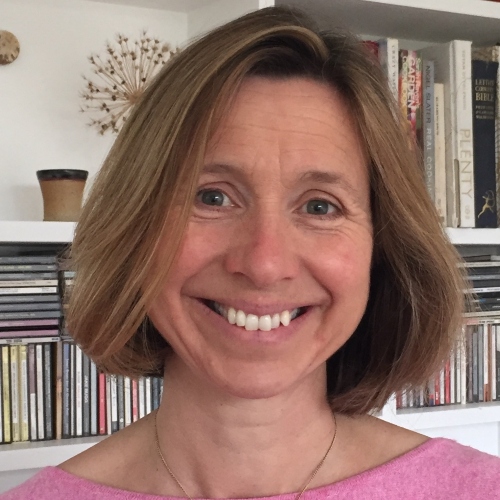
People have done incredible things and have extraordinary passions.
Looking to the recent past has helped Lucy inform her understanding of what’s needed from healthcare and society in the coming years.
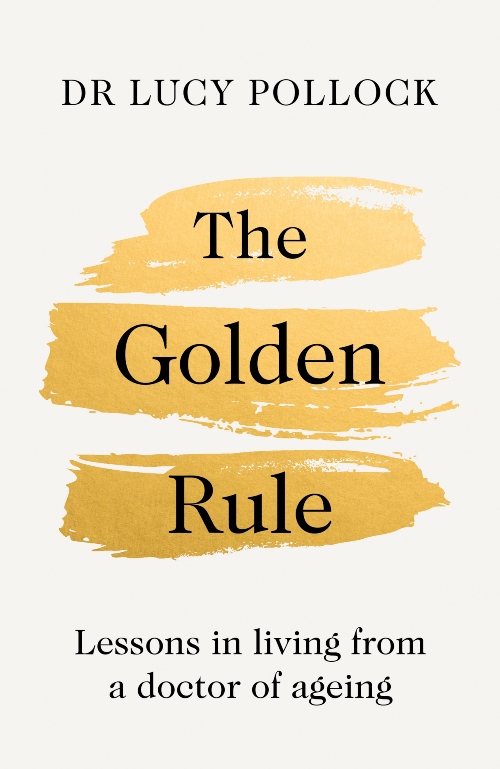

“I think for lots of people, the pandemic has left more of a scar than they necessarily realise,” she reflects. “It created a feeling of vulnerability. Even people who had a solid family structure around them often found themselves incredibly alone. Many older people aged more rapidly during the pandemic because of that pruning of social connection. It was a really frightening time.
“But once you acknowledge that, it’s important to think, ‘How do we go forward? How do we make this better?’”
For Lucy, making things better means recognising the importance of companionship and community – “the pandemic really threw that into focus” – and building on some of the surprising positives that sprung out of such a difficult time.
“Watching my patients get going with technology, spurred on by the pandemic, has been great,” she says. “So often, they tell me, ‘Oh, I can’t talk now – I’ve got a video call with my granddaughter’. I find it wonderful how quickly so many have taken to speaking with relatives online or accessing test results.”
While there are still many older people who aren’t able to use the internet, Lucy believes that access to medicine has started to improve across more traditional communication channels too.
“Understandably, we often hear ‘I can’t get an appointment with my GP’. But the narrative we don’t hear so often is ‘Thank goodness I can get a phone call with my results and don’t have to make an appointment’. This is something that really came about with the pandemic and can continue to be improved.”
As well as examining how past lessons can improve healthcare for older people, Lucy stresses the importance of being present with every patient.
“You start by understanding what someone likes to be called. Then you can move the conversation quite quickly to understanding a little bit more about that person as a human. You’re never going to know their whole life story, but I love asking patients what makes them smile. People have done incredible things and have extraordinary passions – from gardening and birdwatching to things that are completely unexpected. It’s magic.

Hope isn’t a plan. I find that lots of people are hugely relieved when they’ve had conversations about what healthcare is important to them.
As the UK’s older population grows more diverse in ethnicity, sexuality and gender, Lucy is clear that prioritising getting to know each individual is even more crucial. “I think it’s vital to spend time with people who are different to you, because you suddenly understand that we’re actually all the same,” says Lucy. “It helps that healthcare is one of the most inclusive and diverse places in our society. I live in quite a rural area where the population is almost entirely white – but the hospital has nurses and doctors from all over the world.
“Many have come from extremely traumatic backgrounds, but bring enormous skills, courage and kindness. The healthcare profession has a real opportunity to show compassion and humanity to everyone.”
Diversity of family structures is high up Lucy’s list of considerations too. “Today, people are less likely to have children than they were 40 years ago. Lots of people are getting older without families – and that’s a growing number. So, particularly for older people who don’t have children, we need to put in place provisions to ensure that their views are captured and preserved.
“Making an advance care plan and arranging power of attorney with a friend or a solicitor is a good idea. When we give someone power of attorney, we’re giving them a lot of responsibility. That person needs to be aware of the decisions we’d like them to make, so it’s important to make sure we have those conversations. And our plans need to be very visible for the people looking after us – our GP or medical team needs to know our wishes.”
Despite the need to have big conversations about later life, Lucy acknowledges that for many of her patients talking about the future can be daunting.
“We mustn’t fall into a trap of thinking ‘I hope the doctors do that’ or ‘I hope my family does this’,” Lucy explains. “Hope isn’t a plan. I find that lots of people are hugely relieved when they’ve had conversations about what healthcare is important to them – and treatments they'd rather not have. Have that chat, then you can get back to enjoying life, confident that your wishes are known.”

Older people have a sense of perspective. They know that life isn’t perfect – that it has its ups and downs, and that you can recover after a very bad time.
But what about Lucy’s own plans for the future? Considering past learnings and present trends, how does she hope healthcare and society will adapt to be better for older people?
“I hope that in the future we’ll have strengthened the things that support our society – we should be building decent housing, preserving shared spaces like libraries, and recognising that communities matter,” says Lucy. “We also need to stop siloing older people. We always talk about how good younger people are for older people, but we rarely discuss how good older people are for younger people.
“In modern society we’re bombarded with so many images of perfection. But older people have a sense of perspective. They know that life isn’t perfect – that it has its ups and downs, and that you can recover after a very bad time. It’s such an important message, and younger people need to hear those stories of resilience for themselves.
“In terms of healthcare, we need to shift the power from medical professionals to patients, so that every patient is better informed about their health and able to make their own decisions. Medicine is increasingly complex, with more treatments available than ever before. We try to simplify that by applying guidelines, but the algorithms often don’t take into consideration a patient’s other health conditions, their preferences or their lifestyle.
“That’s why medicine must become more individualised. We need to have a better understanding of what treatments do and don’t work on a case-by-case basis, so that we can provide more tailored healthcare.
“I’d also hope that future healthcare will be supported by a properly funded social care system. We should all have better regard for carers, who are doing what is an underpaid but highly skilled job.”
And in light of the title of Lucy’s book, what’s her own golden rule for ageing with optimism? “The same rule we should all live by, young and old,” says Lucy. “Treat others as you would wish to be treated yourself. All the other rules are there to be broken!”
The Golden Rule is out on 4 July via Penguin Books.
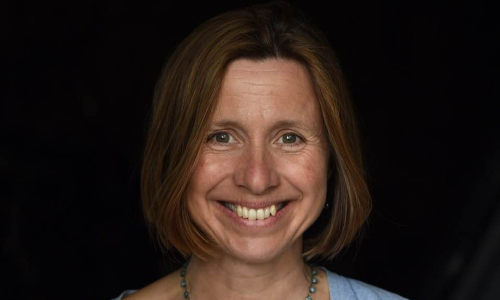
Geriatrician Dr Lucy Pollock speaks about her new book, demystifying ageing, and enjoying a healthy, happy later life.
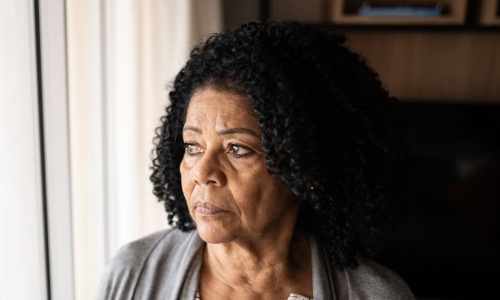
Paul Farmer, Chief Executive of Age UK, considers the past, present and future of the Windrush Generation, 75 years on.
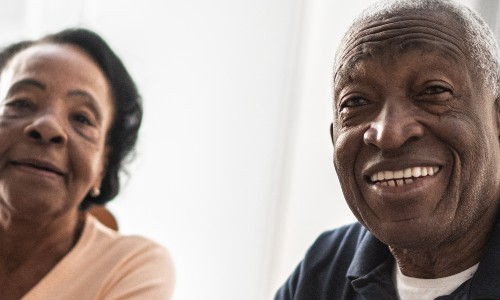
Why reaffirming the experiences Black older people is more important than ever.

Highlighting the health and care needs of older LGBT+ people, and what can be done to improve their experiences.